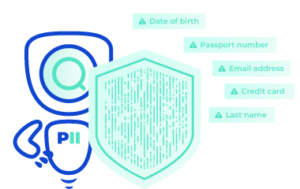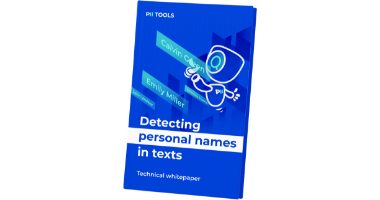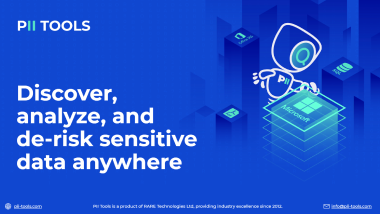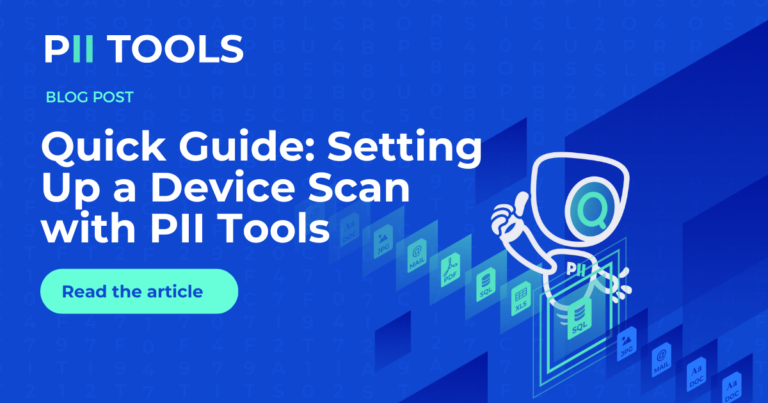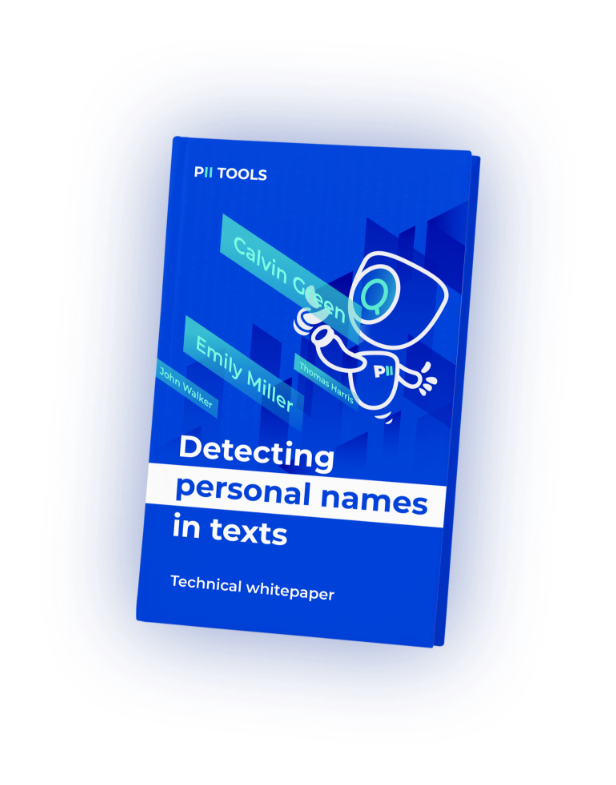Follow these quick and easy steps to install the PII Tools Device Agent and start scanning today! For step-by-step instructions with visual aids, continue reading this article, or simply watch the convenient explainer video. Step 1: Log in to PII Tools. Step 2: From the Dashboard, click the Information Icon in the top right-hand corner. Step 3: The Installation Info … Read More
AI Regulations – Staying Ahead of the Curve with the AI Act
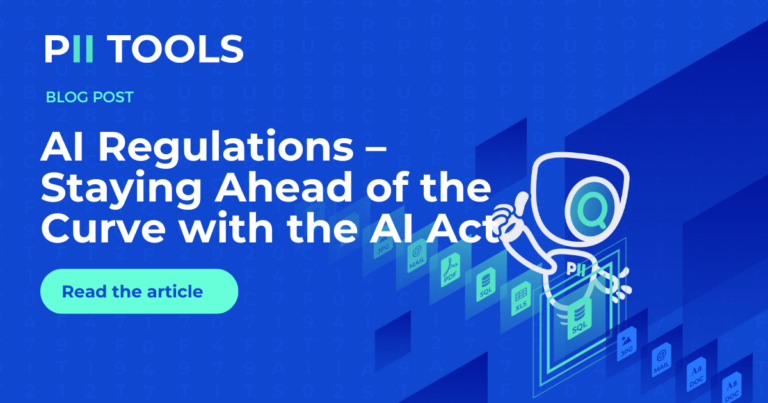
AI is advancing faster than anyone can hope to maintain. And yet, many countries around the globe are working tirelessly to stay ahead of the trend, while others, admittedly, are falling behind. Blink… And You’ll Miss It No matter how many times we watch films like I, Robot and Ex Machina, it seems we just can’t help but push the … Read More
Data Breaches & Consequences
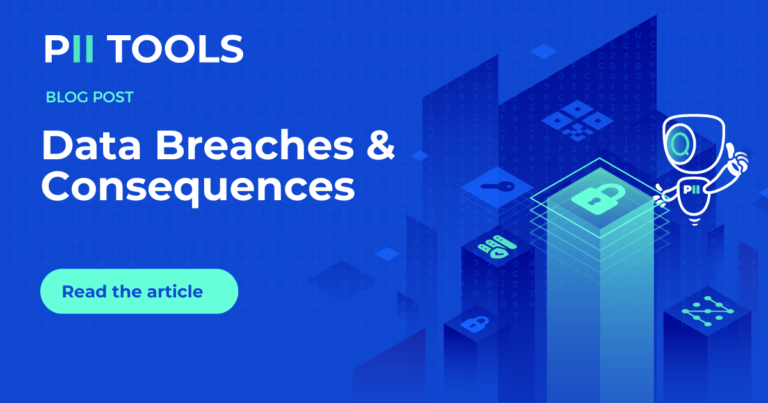
Data breaches are so big these days, they’re measured by records stolen in the millions and even billions! With seemingly so many happening literally every day, let’s explore some of the standout cases and aftermath that followed. Your Data Has Been Leaked The title says it all. At this point, it’s safe to say that various parts of your personal … Read More
The Evolution of PII Protection: From Paper to Digital
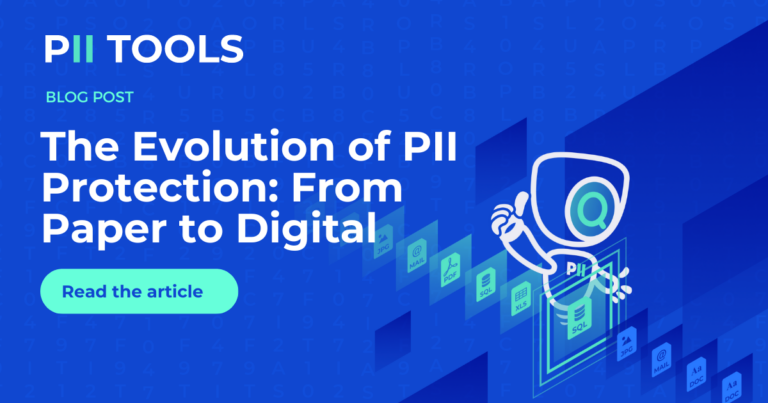
PII has come a long way in a relatively short time, yet protecting it fully is like trying to shield a moving target. But sometimes the best way to choose a path forward is to peek at the past and learn from its evolution. Humble Beginnings It’s hard to think about PII, or rather Personally Identifiable Information, without also imaging … Read More
3 Major Changes with PCI DSS v4.0.1
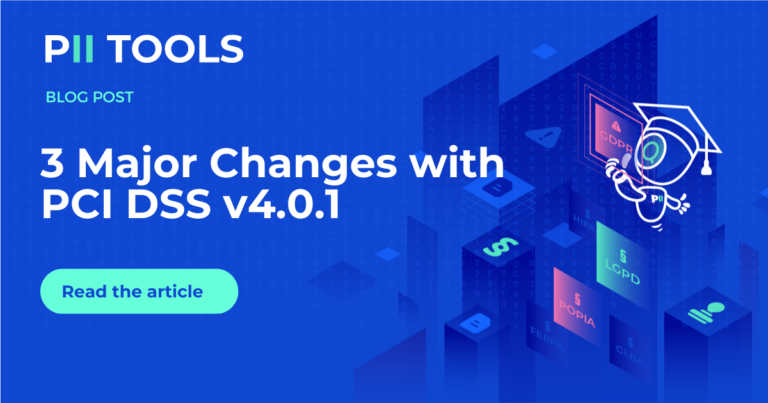
The long-awaited update to version 4 of the PCI DSS has only been in force since spring 2024. And already it’s been revised into v4.0.1. Let’s take a look at 3 changes you need to know about. First There Was v4 Before we get too deep into this latest revision, it’s important we’re all up to speed on this set … Read More
Mishandling PII: The Risks and Consequences
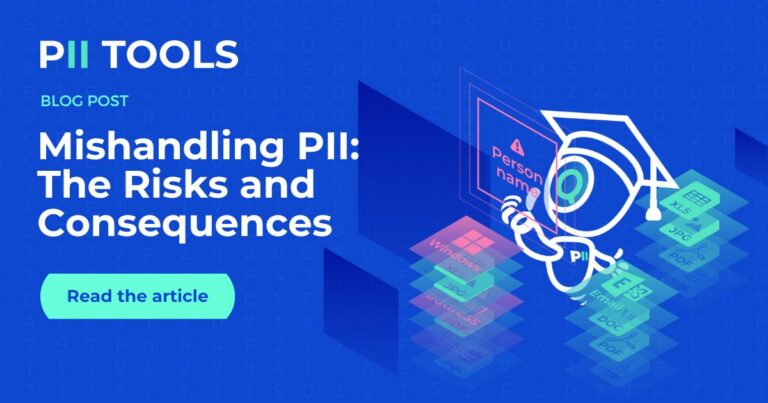
Fines, penalties, fees… Oh my! But by mismanaging PII, we stand to lose more than just money. It’s time to look at what’s at stake and learn how to avoid these numerous pitfalls. It’s All About the Money Unfortunately, for many people and companies, the only time they actually start to care is the moment their wallet gets involved. Taking … Read More
Understanding PCI DSS v4.0
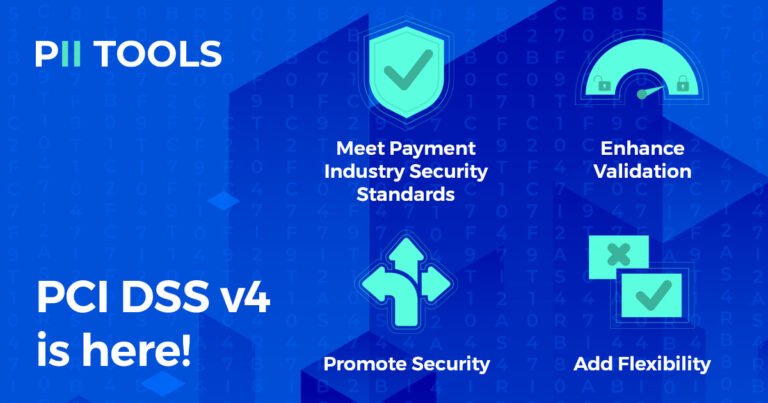
Understanding PCI DSS v4.0 The latest update to the PCI DSS is finally in full force. Discover the ins and outs of this sometimes tricky regulation and make sure you’re processes are still up-to-date. Let’s get into it! A Quick Refresher If your business accepts cards in any way, it’s safe to guess you’re already well familiar with the PCI … Read More
10 Reasons YOU Should Be Using PII Tools Right Now!
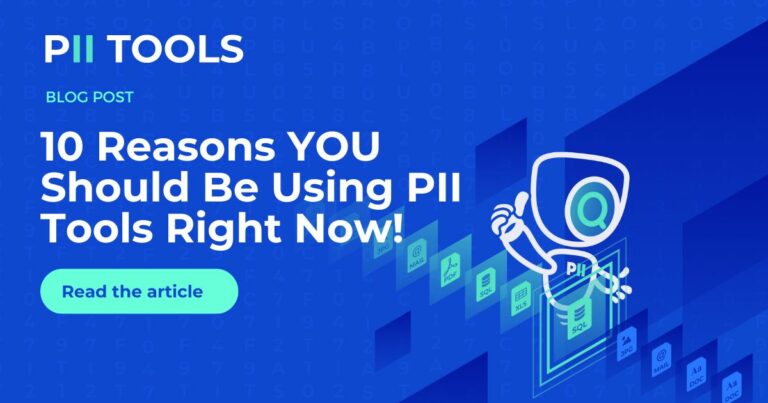
There are plenty of reasons to use PII Tools Data Discovery Software, but we’ve managed to narrow them down to our TOP 10. Let’s check them out! #1 Automated Scanning for 400+ File Formats The more daily tasks you can fully automate, the more time you can focus on what actually makes your company money. And with over 400 compatible … Read More
FERPA, Compliance, and Everything in Between
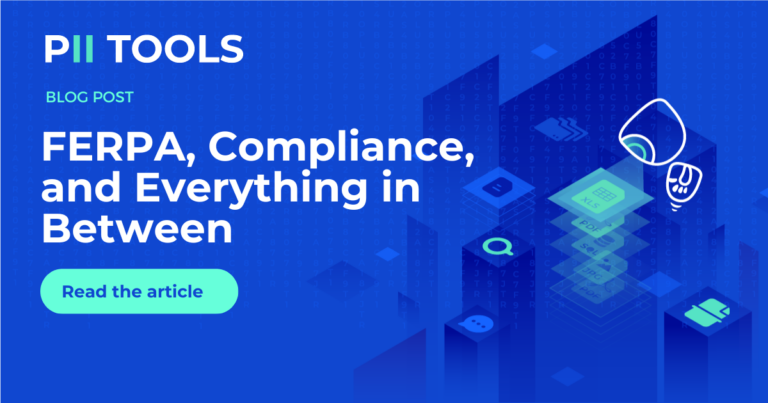
Another day, another data compliance to wrap our heads around. This time, uncover the basics of FERPA, who it protects, why you should care… and everything in between. FERPA – The Champion of Students FERPA… aren’t those the local guys on Mt. Everest, carrying all the rich “mountaineers’” equipment to the top and back, with no oxygen tank or fancy … Read More
How to: Protecting ePHI
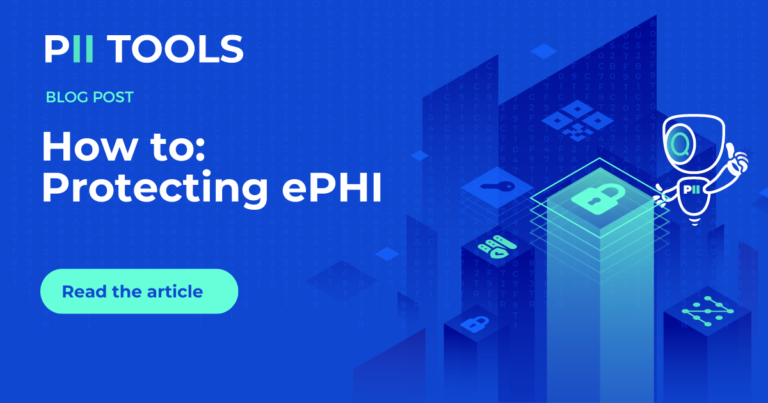
The average healthcare breach exposes 3+ million private patient records. What are you doing to discover, store, and protect ePHI? Why the ‘e’ in ‘ePHI’? HIPAA, PHI, PII, GDPR, ePHI… Where would we be without our acronyms? If you’re interested in protecting ePHI, it’s safe to say none of these are entirely new to you. The most important to our … Read More

